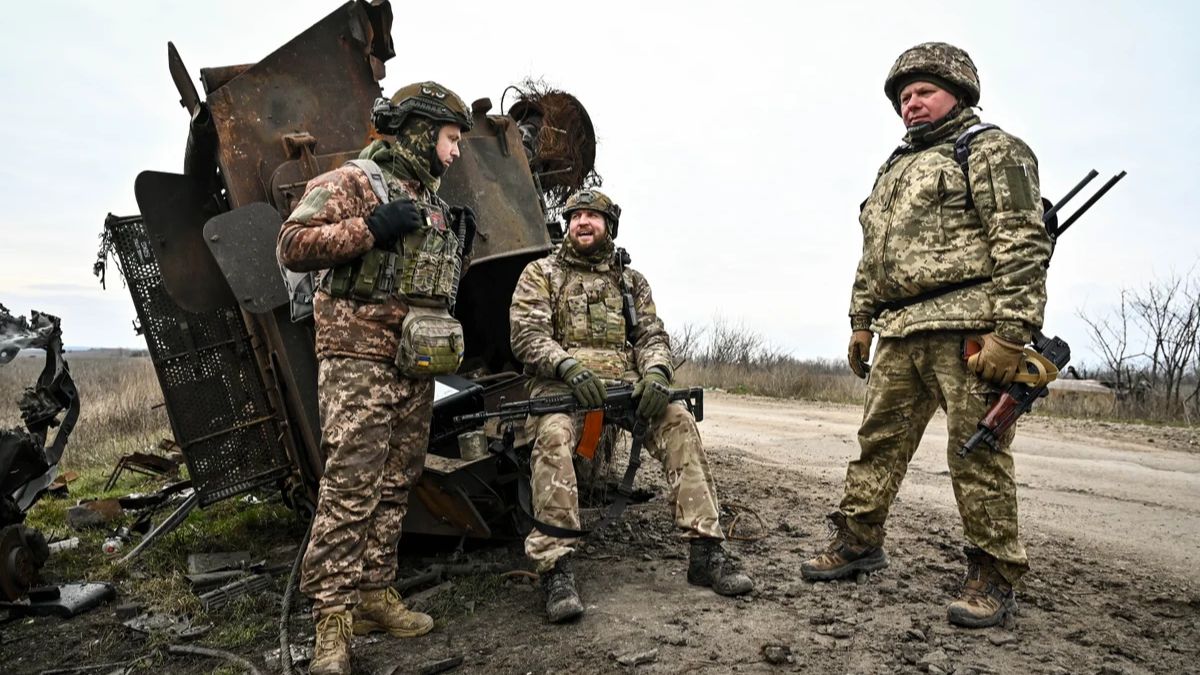In a series of intense clashes over the past 24 hours, Ukrainian forces have successfully thwarted multiple Russian attempts to breach their defenses near Pokrovsk, a crucial transport hub situated approximately 70 kilometers west of Toretsk. According to the Ukrainian army’s General Staff, Russian forces mounted 15 assaults in an effort to penetrate the Ukrainian lines.
Despite the relentless pressure, the Ukrainian defenders have managed to hold their ground. The General Staff’s late evening report, while omitting specific mentions of the situation in Pivdenne, highlighted the ongoing resilience and strategic importance of the region around Pokrovsk. This area has emerged as a critical node in the ongoing conflict, with its transportation infrastructure playing a pivotal role in the movement of troops and supplies.
The report detailed that three skirmishes were still actively continuing as of the latest update. These engagements underscore the high-stakes nature of the battle, as both sides vie for control over strategic positions that could potentially alter the course of the conflict.
Pokrovsk’s significance as a transport hub cannot be overstated. Its railways and roads are vital for the logistical support of Ukrainian forces in the eastern part of the country. The repeated Russian offensives in this area signal a strategic attempt to disrupt these supply lines and weaken Ukrainian defensive capabilities.
The broader implications of these skirmishes are yet to unfold, but the Ukrainian military’s ability to repel these advances attests to their resilience and tactical acumen. As the conflict continues to escalate, the situation in and around Pokrovsk will likely remain a focal point of military operations and strategic planning.
The international community is keeping a close watch on the recent developments, recognizing that the outcomes of these localized battles could have far-reaching impacts on the broader conflict.

